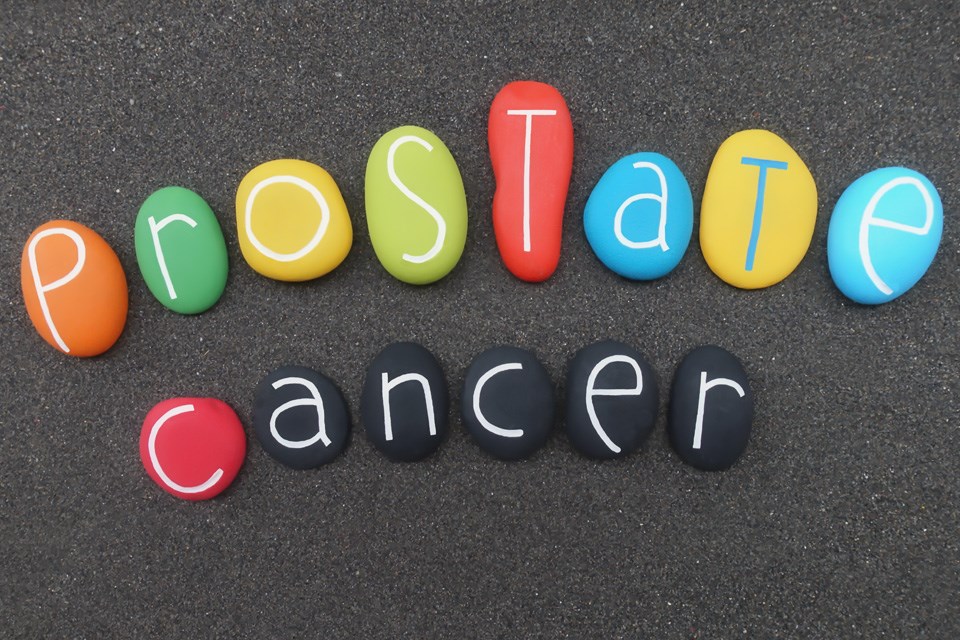According to The Canadian Cancer Society (cancer.ca) it is estimated that about one in eight Canadian men will develop prostate cancer during their lifetime, and one in 29 will die from it. Such figures underscore the importance of learning about prostate cancer. Knowledge of prostate cancer and its risk factors and symptoms may help men improve their prognosis if they are diagnosed with the disease.
What is the prostate?
The prostate is a walnut-sized gland that is responsible for producing seminal fluid. The growth and function of the prostate is controlled by male hormones, including testosterone.
Are there early warning signs of prostate cancer?
There usually aren't any early warning signs for prostate cancer. The tumour associated with prostate cancer does not push against anything, even as it grows, so many men with prostate cancer do not experience pain until the cancer has advanced beyond its earliest stages.
What are the symptoms of prostate cancer?
Some of the milder symptoms may be mistaken as normal byproducts of aging, and their presence may not necessarily mean a man has prostate cancer. However, the appearance of any of the following symptoms should be discussed with a physician immediately.
- A need to urinate frequently, especially at night. Sometimes the need to urinate may be urgent.
- Difficulty starting or holding back urination
- Weak, dribbling or interrupted flow of urine
- Painful or burning urination
- Difficulty in having an erection
- A decrease in the amount of fluid ejaculated
- Painful ejaculation
- Blood in the urine or semen
- Pressure or pain in the rectum
- Pain or stiffness in the lower back, hips, pelvis, or thighs
Does anything increase a man's risk for prostate cancer?
Various factors can increase a man's risk of developing prostate cancer. Such factors include:
- Body weight: Men who are obese or overweight are at increased risk of developing advanced prostate cancer.
- Height: Men who are tall are at an increased risk of prostate cancer.
- Diet: The evidence regarding the effects of diet on prostate cancer risk is not as strong as evidence linking body weight and height to the disease. However, high consumption of dairy products and diets high in calcium might increase a man's risk of prostate cancer.
Is screening effective?
There is controversy about the risks and benefits of prostate cancer screening. Men must make their own decisions regarding prostate cancer screening, and such decisions should only be made after discussing the disease and their family histories with their physicians.
Prostate cancer affects millions of men and their families every year. More information about the disease can be found at www.cancer.ca.
This Movember feature is brought to you by Great West Media Content Studio and in part by the Sponsors on this page. It is not written by and does not necessarily reflect the views of the editorial staff.



